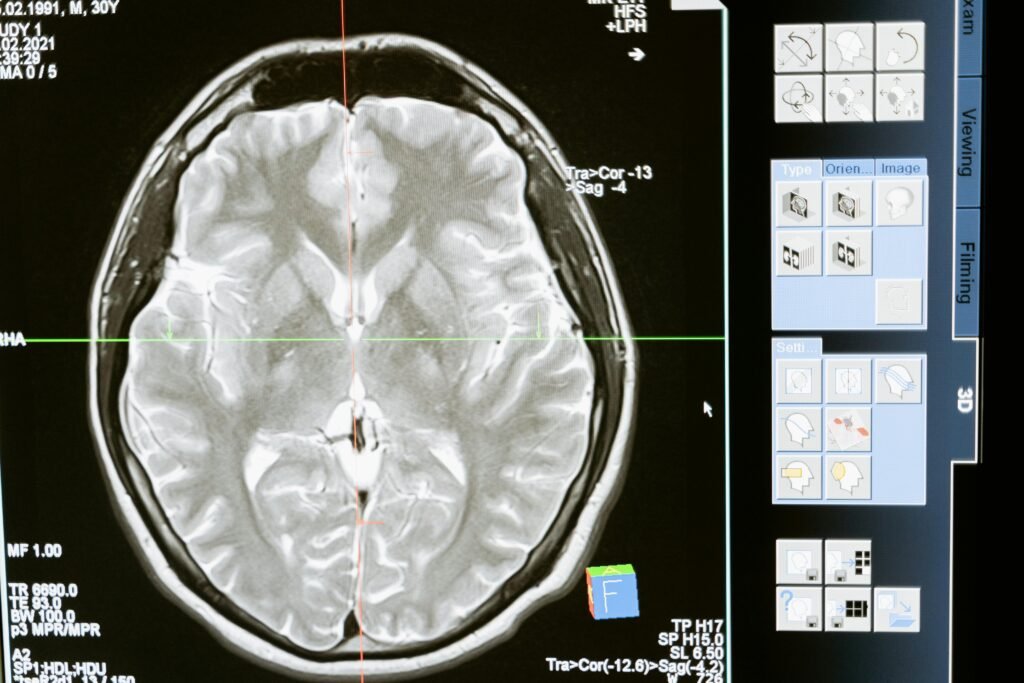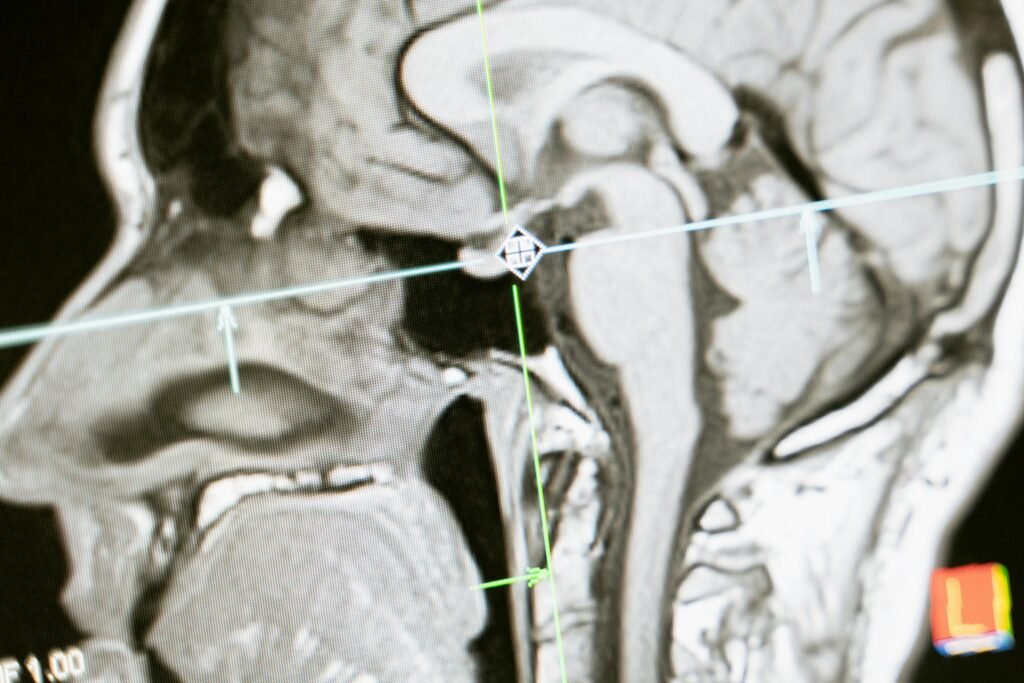Meditation has emerged as a popular method for achieving mental clarity, emotional equilibrium, and stress reduction. However, it does way more than that; meditation has a significant and quantifiable effect on the brain that goes beyond its relaxing effects. Neuroscience is revealing amazing details about how this age-old practice alters the structure of your brain, improves mental processes, and makes it easier for you to deal with life’s obstacles.
What exactly does meditation do to your brain, then?
1. Meditation Reshapes Your Brain (Literally)
Thanks to a process known as neuroplasticity, meditation can physically change the structure of your brain, which is one of the most astounding findings in neuroscience. Regular meditation increases the size and density of gray matter in areas related to learning, memory, and emotional regulation, according to studies that use MRI scans.

Regular meditation strengthens the hippocampal region, which is essential for memory and learning. Consider it an upgrade to the processing and storage capacity of your brain.
The Prefrontal Cortex: In charge of concentration and decision-making, this area of the brain thickens, improving your capacity to focus and make wiser decisions under duress.
Over time, these changes improve your mood and make you more intelligent, composed, and resilient.
2. Meditation Calms the Fear Center
Your brain’s fear center, the amygdala, is in charge of the fight-or-flight reaction. Even if this response was necessary for our ancestors to survive, it can become an obstacle in the modern world and result in long-term stress and anxiety.
Meditation has been shown to decrease amygdala activity and even size. Regular practice reduces your likelihood of reacting rashly to stressors, allowing you to respond intelligently rather than letting your instincts kick in all the time.

To put it briefly, meditation reduces the intensity of your stress response, enabling you to remain composed even under harsh circumstances.
3. It Boosts Your Brain’s Happiness Chemicals
Have you ever wondered why meditation makes you feel so good? This is partially because meditation alters the chemistry of your brain, acting on a series of biochemicals in it.
- Dopamine: Meditation raises dopamine levels, which enhance focus and motivation.
- Serotonin: Frequently referred to as the “happiness hormone,” serotonin levels increase with consistent practice, improving your mood and general sense of well-being.
- Endorphins: Usually linked to physical activity, these feel-good chemicals are also released during deep meditation, which helps explain the blissful sensation that many meditators report.
Because of these neurochemical alterations, meditation is a potent tool for improving your emotional well-being and a natural remedy for depression.
4. Enhances Focus and Attention
Meditation is similar to a gym for the focus muscles in your brain.
Meditation improves the brain’s capacity to maintain focus over time. According to research, long-term meditators show that the anterior cingulate cortex, a region of the brain linked to attention regulation, is more active.
It has been demonstrated that even ten minutes a day of meditation can increase focus and decrease daydreaming. This improved focus can eventually affect other aspects of your life, such as your career and relationships.
5. Promotes Emotional Resilience
Meditation doesn’t eliminate life’s challenges, but it changes your perception of them.
Meditation makes it easier to handle emotional highs and lows by fortifying the default mode network (DMN), a group of brain areas connected to self-awareness and emotional control. You can observe your emotions without letting them rule you, as opposed to drowning in negative thoughts.
This explains how meditation can give you the mental ability you need to deal with challenges without becoming overwhelmed.
6. Meditation Slows Brain Aging
Unbelievable right? Meditation may help you age more gracefully, at least psychologically.
Long-term meditators’ brains appear younger than their actual age, according to studies. By protecting the gray matter of the brain, meditation slows down the aging-related loss of focus, memory, and emotional stability.
It keeps your brain healthy and functioning well, much like a tune-up.
Meditation is a scientifically proven technique that reshapes your brain, improves your mental capabilities, and gives you the resilience to face life’s obstacles. It is much more than just a way to relax. Meditation offers transformative benefits supported by neuroscience, whether you’re looking for better focus, emotional balance, or even a younger, healthier brain.
Anyone can benefit from its effects without expensive equipment, a particular location, or hours of practice. You just need a few minutes each day for it to show this effects.
Why shouldn’t you start today? Take a deep breath, sit quietly, and discover specific techniques for yourself to benefit from meditation. Your brain will appreciate it.




Pingback: Meditation and Neuroplasticity: Adapting to Peace -